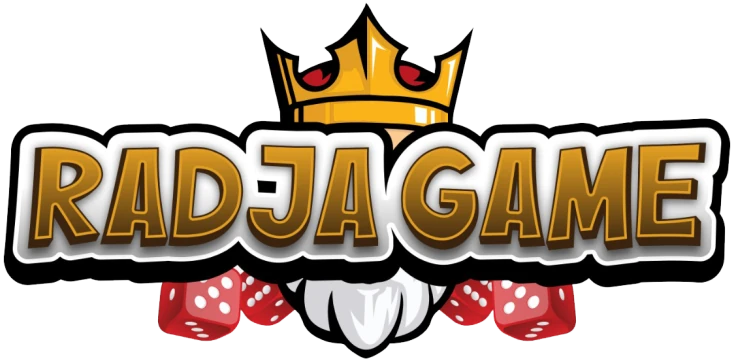
RADJAGAME: Game Slot Online Dengan Berbagai Macam Permainan
Di tengah maraknya industri perjudian online, RADJAGAME telah menonjol sebagai salah satu destinasi utama bagi para penggemar game slot. Dengan berbagai macam permainan yang ditawarkan, platform ini telah berhasil menarik perhatian pemain dari berbagai belahan dunia.
Keberagaman tema juga menjadi daya tarik utama kami. Dari tema-tema klasik seperti buah-buahan dan angka hingga tema-tema yang lebih modern seperti petualangan, keajaiban, dan mitologi, setiap permainan memberikan pengalaman yang unik dan menyenangkan bagi para pemainnya. Desain grafis yang menakjubkan dan efek suara yang mengagumkan semakin menambah keseruan dalam bermain.
Kesimpulan
Dengan semua keunggulan yang ditawarkannya, tidak mengherankan bahwa RAJAPLAY terus menjadi salah satu pilihan utama bagi para pencinta game slot online. Dengan berbagai macam permainan yang menghibur, promosi yang menggiurkan, dan teknologi canggih, platform ini menjanjikan pengalaman bermain yang tak terlupakan bagi semua pemainnya.